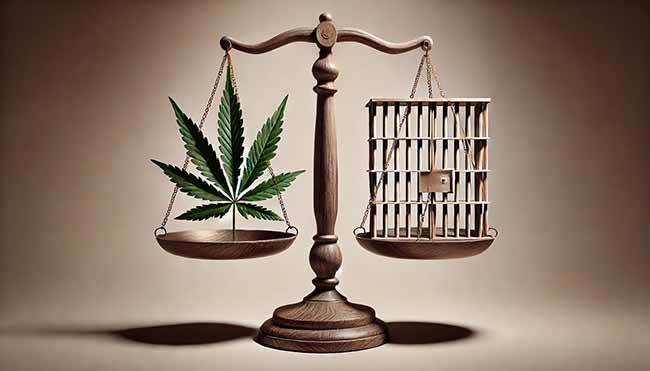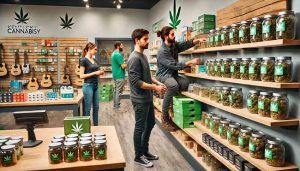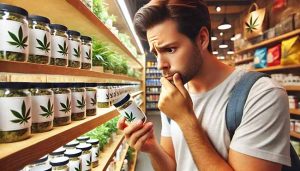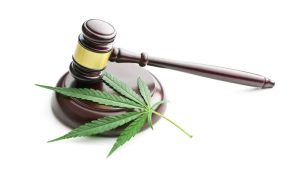Brazil’s Supreme Court Moves Toward Cannabis Decriminalization Amid Legislative Tensions

Brazil, which has the third-largest prison population globally, is on the verge of a significant shift in its drug policy. The country’s Supreme Court justices voted on June 25 to allow citizens to legally possess “personal” amounts of cannabis for consumption. This decision, long deliberated since 2015, signals a potential move toward decriminalizing cannabis, despite resistance from the legislative branch.
Justice Dias Toffoli, the sixth out of 11 judges to vote for decriminalization, emphasized that no user of any drug should be considered a criminal. If Brazil proceeds with decriminalization, it would align with the majority of its Latin American neighbors.
A crucial step remains: defining the possession limit that differentiates personal use from trafficking. The Supreme Court is expected to set this limit soon, possibly as early as June 26. This decision is pivotal for a country with over 215 million people and a staggering prison population of around 840,000, the third highest in the world after the U.S. and China. Brazil also has a high incarceration rate, with 390 inmates per 100,000 people.

Drug trafficking accounts for 28{a626783899183749863f8858f4408a4acbf83ba6bbf5803e595d0a50513bff7c} of Brazil’s prison population, according to Conectas, a human rights group. While the 2006 law by Brazil’s National Congress calls for a more lenient approach to those possessing cannabis for personal use, including community service or educational programs, it did not establish clear possession limits. This ambiguity has perpetuated the country’s stringent drug war.
Recent data highlights disparities in how cannabis possession is criminalized based on education levels. A survey by the Brazilian Jurimetrics Association, cited by The Brazilian Report in May 2024, found that in São Paulo, individuals with post-graduate degrees are typically deemed drug dealers if found with over 49 grams of cannabis, while illiterate individuals are considered dealers at 32 grams.

Under the 2006 law, judges assess personal consumption by considering the amount and nature of the substance, the context of the seizure, and the individual’s social and personal circumstances. Despite the Supreme Court’s majority favoring decriminalization, the decision faces potential legislative pushback. A Senate-passed constitutional amendment could criminalize any amount of an illicit substance, challenging the Supreme Court’s ruling.
Senate President Rodrigo Pacheco criticized the Supreme Court’s decision, stating that such matters should progress through legislative channels. Should Congress pass the amendment, the Supreme Court has the authority to rule it unconstitutional, setting up a potential clash between Brazil’s judicial and legislative branches over cannabis policy.





